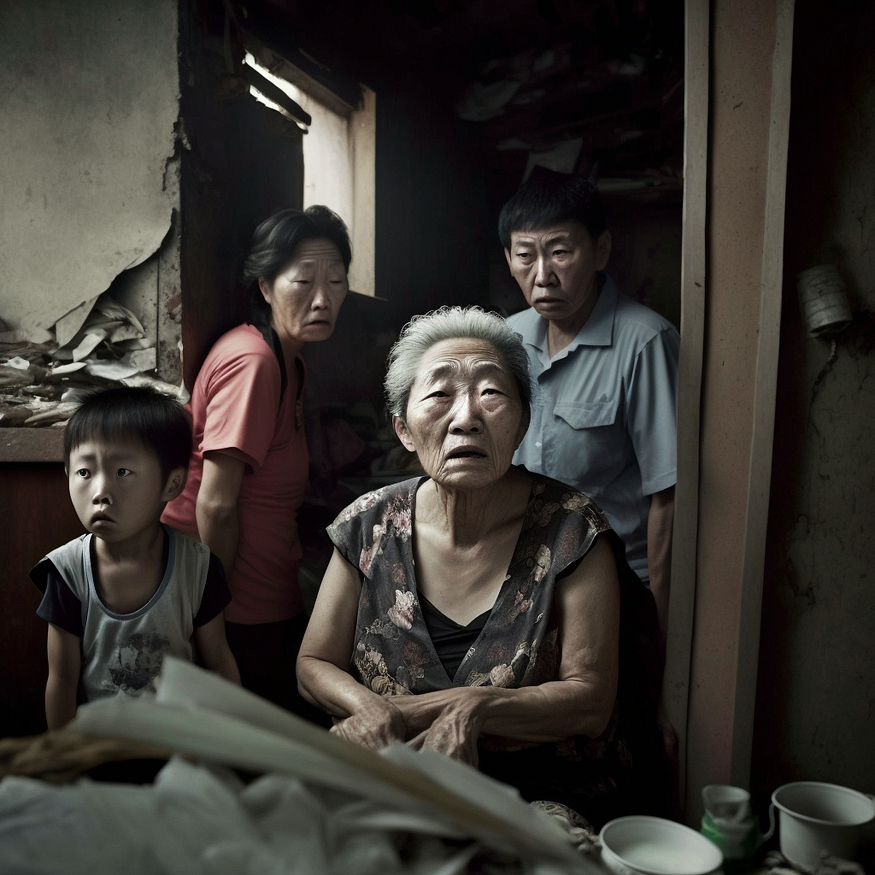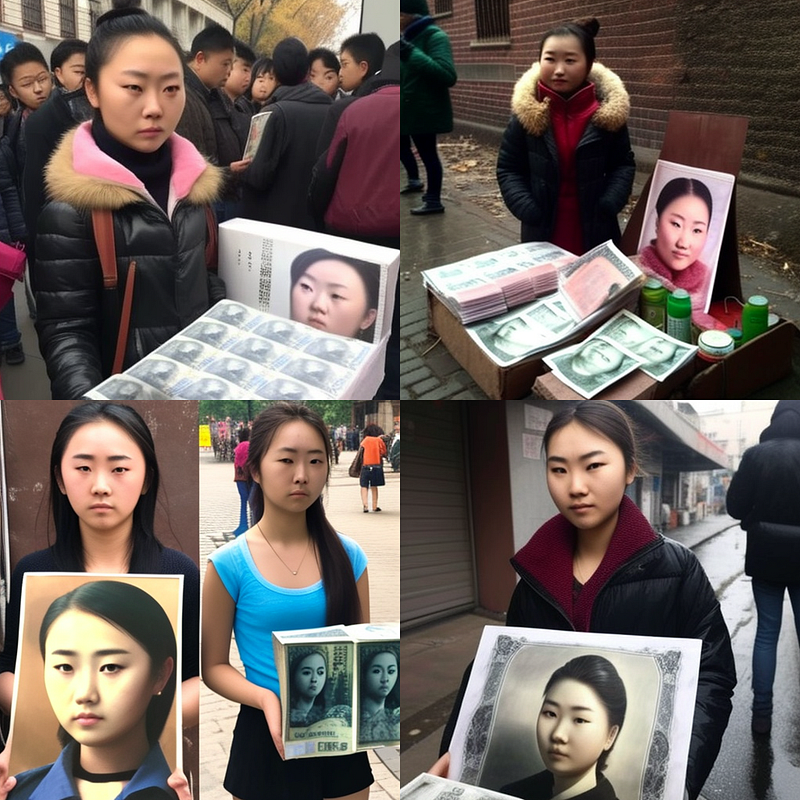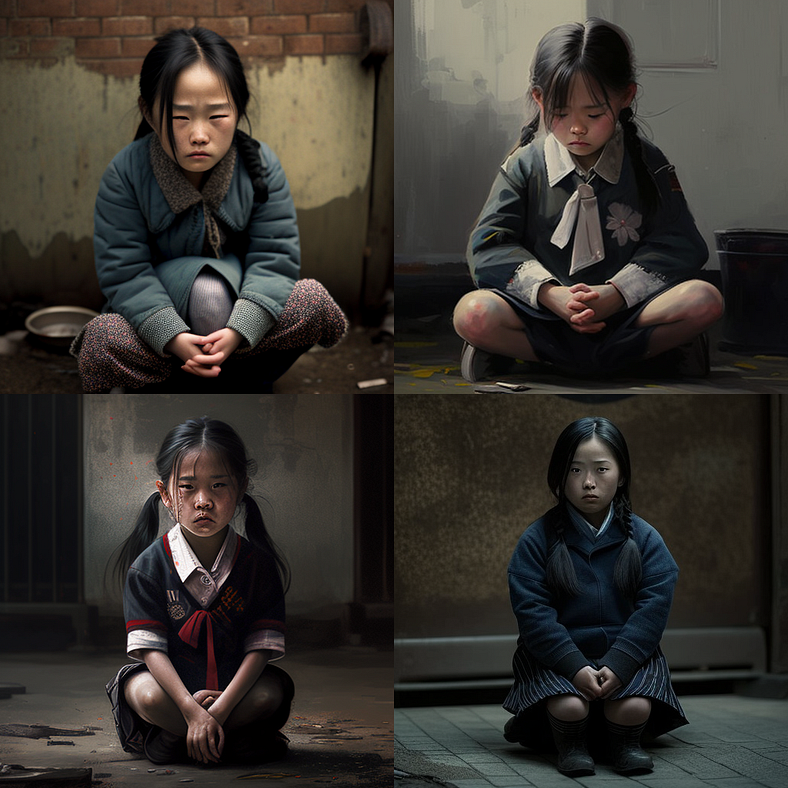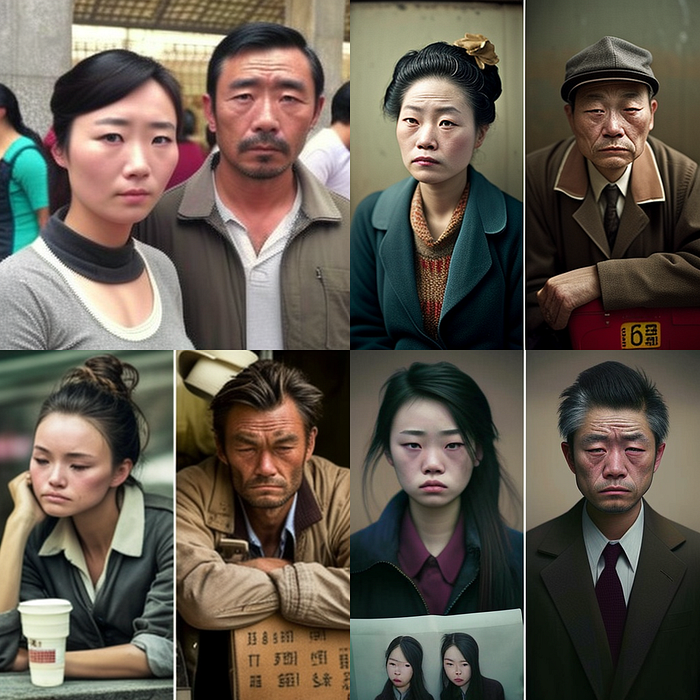
In July of last year, 24-year-old Hangzhou girl Zheng Linghua tragically passed away after being subjected to online violence. After successfully passing her graduate school entrance exam, Zheng shared the good news with her grandfather, who was hospitalized then and posted a photo on a social media platform. However, due to her pink hair, she became the target of online violence. Various insulting rumours forced the lively and cheerful girl into depression, and she eventually committed suicide.
The Zheng Linghua incident is reminiscent of internet celebrities, such as "Guanguan" and "Liuxuezhou" who left due to online violence. The repeated tragedies of online violence make people feel angry and powerless. How can we punish the "culprits" behind the keyboard? Can we use the law to curb online violence promptly before tragedies occur? What are the current legal provisions for punishing online violence? As an associate professor of criminal justice at China University of Political Science and Law, Chen Bi welcomes questions from the public.
Online violence is a problem that plagues modern society. People hide behind screens and keyboards, emboldened to say things they would never say to someone's face. This leads to the spread of rumours, insults, and even death threats, all of which can have severe consequences for the victim. However, despite the harm caused by online violence, it can be challenging to hold the perpetrators accountable.
The Chinese government has recognized the seriousness of online violence and has introduced several laws and regulations to address it. One of the most significant is the "Interpretation on Several Issues Concerning the Application of Law in Handling Criminal Cases of Defamation Using Information Networks" issued by the Supreme People's Court and the Supreme People's Procuratorate. According to Article 2 of this interpretation, if someone uses an information network to defame others and the following circumstances occur, it shall be deemed as "serious circumstances" under Article 246, paragraph 1 of the Criminal Law:
- The same defamatory information is actually clicked or viewed more than 5,000 times or forwarded more than 500 times;
- The victim or his or her immediate family member suffers serious consequences such as mental disorders, self-injury, or suicide;
- The person has been punished administratively for defamation within the past two years and commits slander again; or
- Other serious circumstances.
This interpretation provides a legal basis for punishing online violence and clarifies the circumstances under which online defamation can be considered a criminal offence.
In addition to this interpretation, other provisions in Chinese law can be used to punish online violence. For example, Article 253 of the Criminal Law stipulates that anyone who sells or provides citizens' personal information to others in violation of relevant regulations and under severe circumstances shall be sentenced to fixed-term imprisonment of not more than three years or criminal detention and shall also be fined.
Article 293 of the Criminal Law stipulates that anyone who engages in the following behaviours to disturb public order shall be sentenced to fixed-term imprisonment of not more than five years, criminal detention, or public surveillance:
- Following, intercepting, insulting, or intimidating others with severe circumstances;
- Disrupting the order of public places, transportation, or communications;
- Gathering a crowd to disturb public order; or
- Using violence or threats to obstruct the performance of official duties by state personnel.
These provisions demonstrate that there are legal means for punishing online violence. However, there are still challenges to holding perpetrators accountable.
One of the biggest challenges is the difficulty of gathering. Another critical aspect of combatting online harassment is the need for increased awareness and education. This includes educating the general public on the harm caused by online harassment and teaching individuals how to identify and respond to online harassment when they witness it or experience it themselves. In addition, education and awareness should also extend to law enforcement officials and legal professionals, as they are often tasked with investigating and prosecuting cases of online harassment.
Lastly, it is essential to recognize that while legislation and education can help prevent and address online harassment, there is also a need for societal and cultural change. The prevalence of online harassment is partly due to more significant social issues such as misogyny, racism, and homophobia. To combat online harassment, we must address these underlying societal issues and create a more inclusive and respectful society.
In conclusion, online harassment is a serious issue with devastating consequences. While there is no one solution to this complex problem, a multi-pronged approach that includes legislation, education, and societal change is necessary. As a society, we must work towards creating a safer and more respectful online environment for all individuals.
Backlinks:







